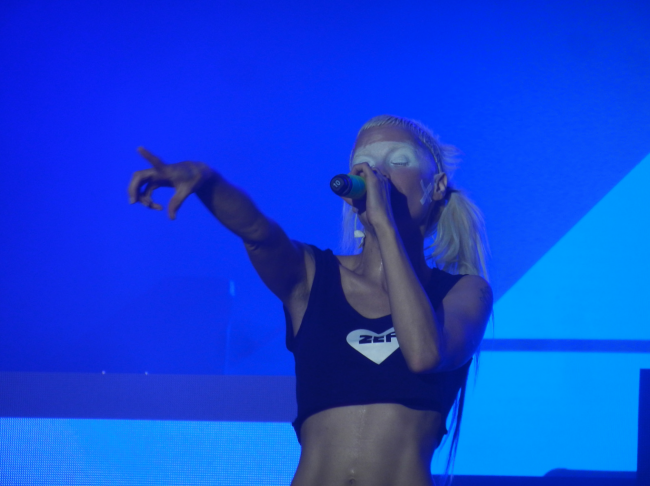Popular Music Discourses

Popular Music Discourses was a project involving several KuFo members in different constellations. The project was initiated as a popularly oriented open symposium arranged by Andreas Jacobsson and Magnus Ullén in 2016. This was followed by a second symposium in November, 2018, on the theme of "Authenticity and Mediatization". The second symposium was organized Peter Wikström and Per Bäckström, and featured invited speakers Dr. Niall Scott of UCLan, Lancaster, and Professor Philip Auslander of Georgia Tech. The project group is currently inactive.
From the invitation to the second Popular Music Discourses Symposium:
Music is one of the central modes of artistic creation and cultural tradition – a cultural mode that reflects, expresses, and organizes individual and collective narratives, values, and identities. Popular music specifically also has an important position in the entertainment industry, representing massive capital interests in both global and local economies. It has been studied in musicology proper, in psychology, in sociology, and in anthropology. While there is a tradition of cultural semiotics addressing music – in the tradition of e.g., Roman Jakobson and Roland Barthes. The KuFo scholars arranging the PMD event are devoted to the critical study of discourses about and surrounding popular music. This interest includes considering popular music itself as a discursive phenomenon – as cultural text. This entails considering music as “a coherent set of signs, which can be read for meaning (…) influenced by other texts, discourses, and affectively significant moments” (Partridge, 2015:134–135). The focus of PMDis not on studying musical structure per se, but rather on critical readings of musical works, genres, events, and platforms as multi-faceted cultural texts. PMD also understands artists, producers, fan communities, and other actors in the domain of popular music as the authors of cultural texts. The shared approach of the participants have in common a focus on how the various modalities of expression and activity that constitute any given popular music discourse converge (Jenkins, 2006).
These matters are considered in the context of a changing media landscape characterized by hybridity, by social mediation and remix culture (Lessig, 2004). The mediatized (Auslander, 2008) nature of popular music at this moment compounds issues of commodified and commercialized cultural expression, and invites critical questions concerning the character and relevance of notions of authenticity – the authenticity of the music itself, the artists, the fans, and so forth. Such questions are central to this project.

